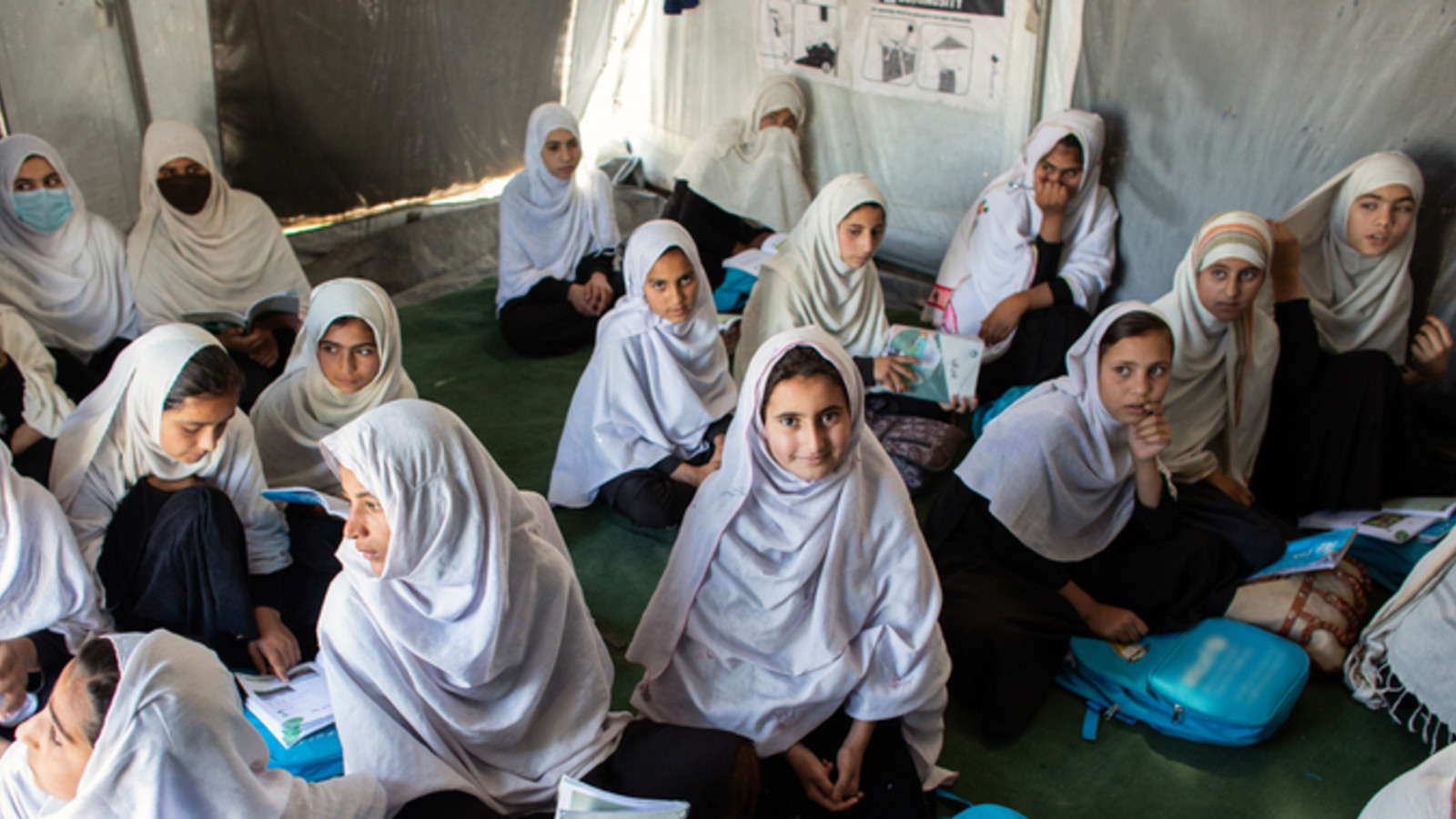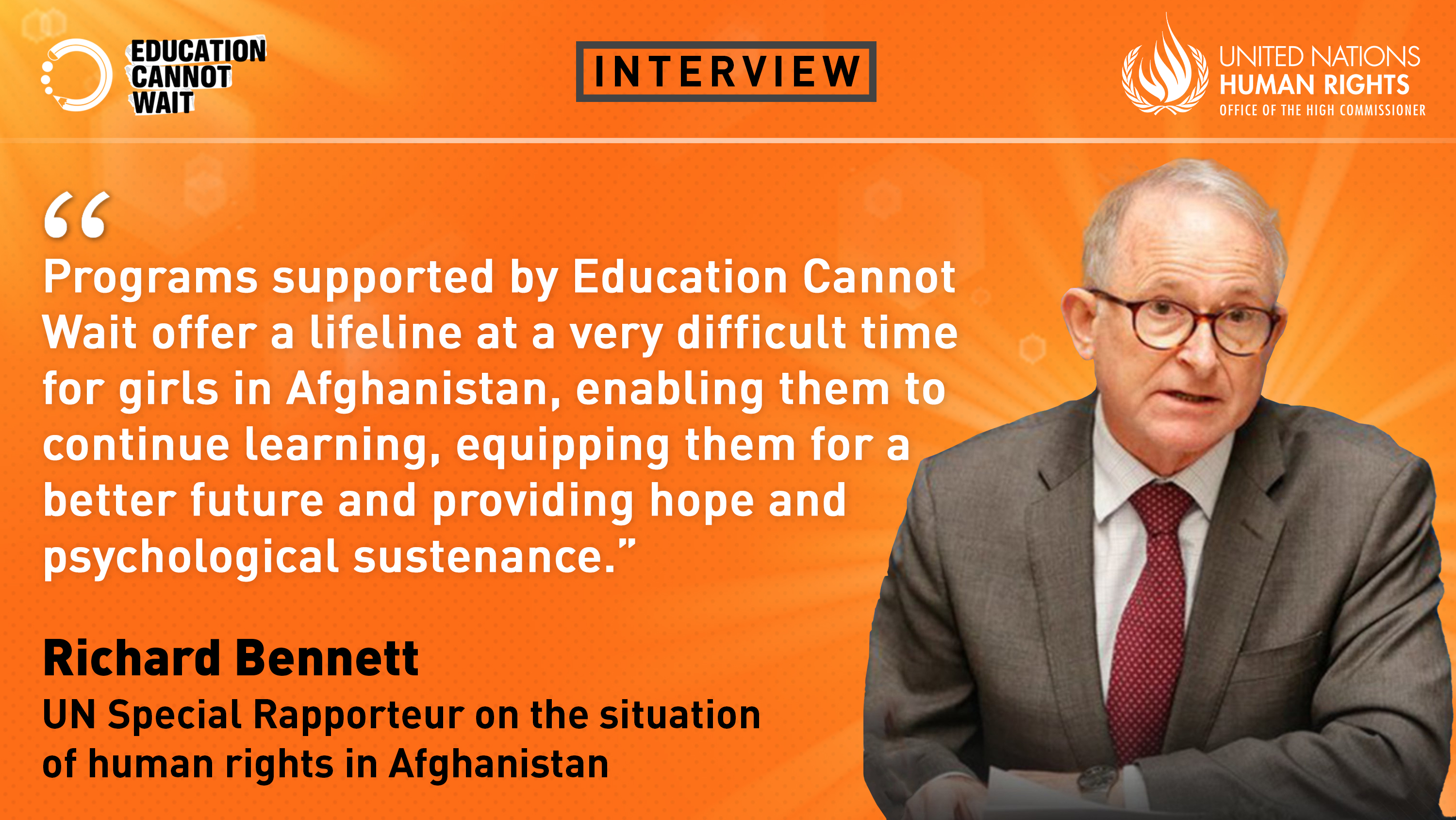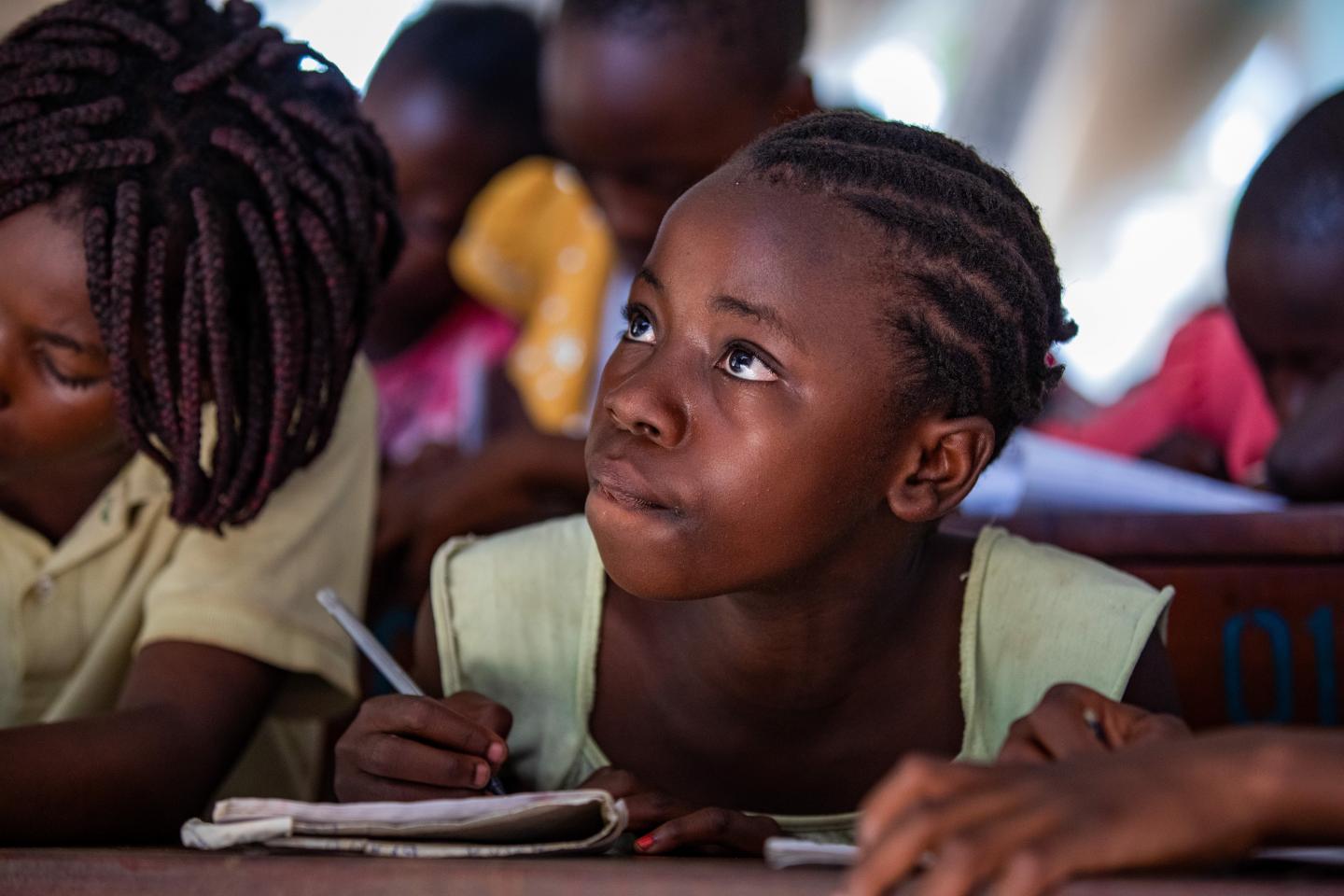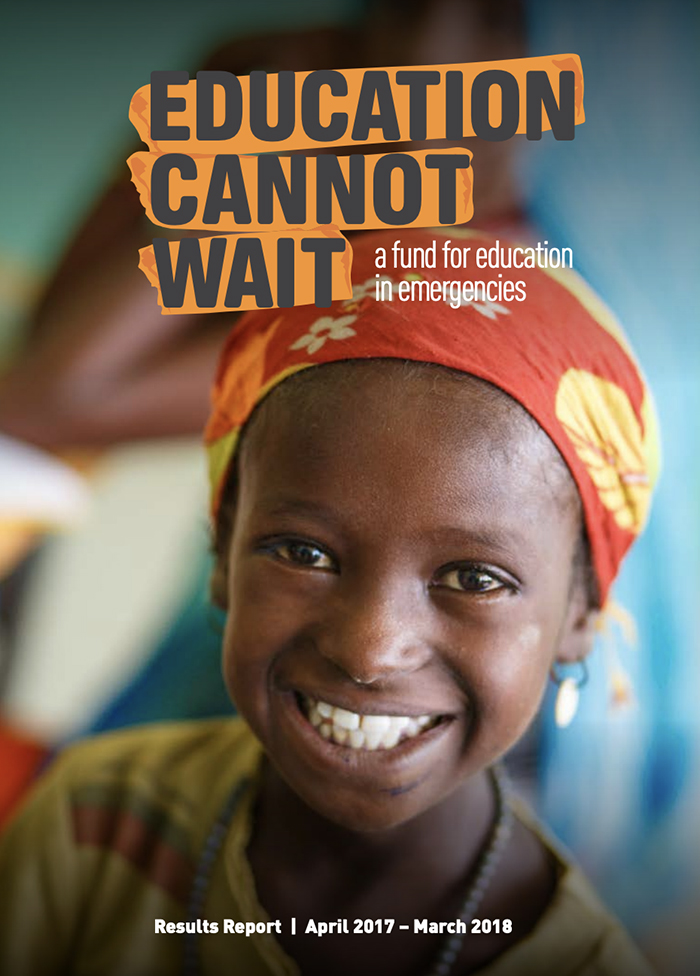ECW in Afghanistan
Decades of conflict, poverty, prolonged drought, COVID-19, a lack of social services—coupled with the ever-intensifying repression of women and girls since the Taliban takeover of power in August 2021—are pushing the people of Afghanistan to the brink of a humanitarian catastrophe. Half of the country’s population is struggling to put food on the table and nearly 10 million girls and boys depend on humanitarian assistance to survive. Education Cannot Wait (ECW) has been supporting education programmes in Afghanistan since 2017, with a focus on girls’ education as well as community-based education to reach children and adolescents in the most crisis-affected areas.
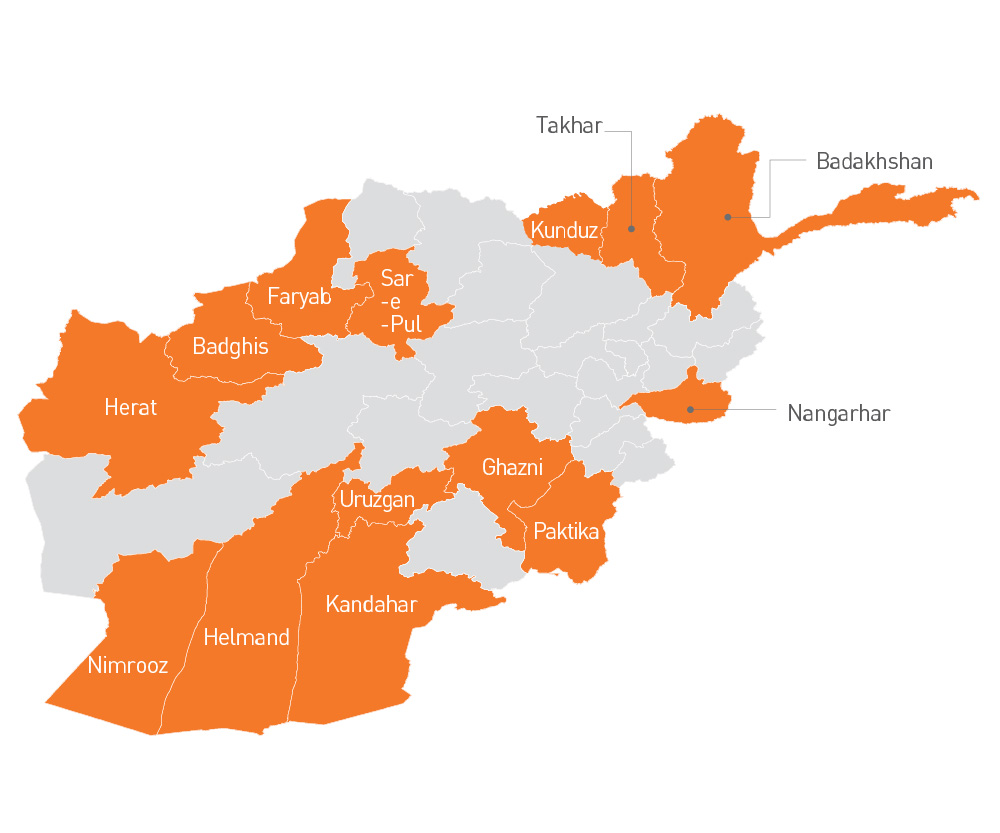
Investments
Financial Information
National Counterparts
Education Cluster
Results
Additional Results
- Number of teachers/administrators trained in mental health and psychosocial and psychological support topics: 3,208
- Number of teachers/administrators trained in emergency preparedness, disaster risk reduction and risk management topics: 3,021
COVID-19 Results
Programme Info
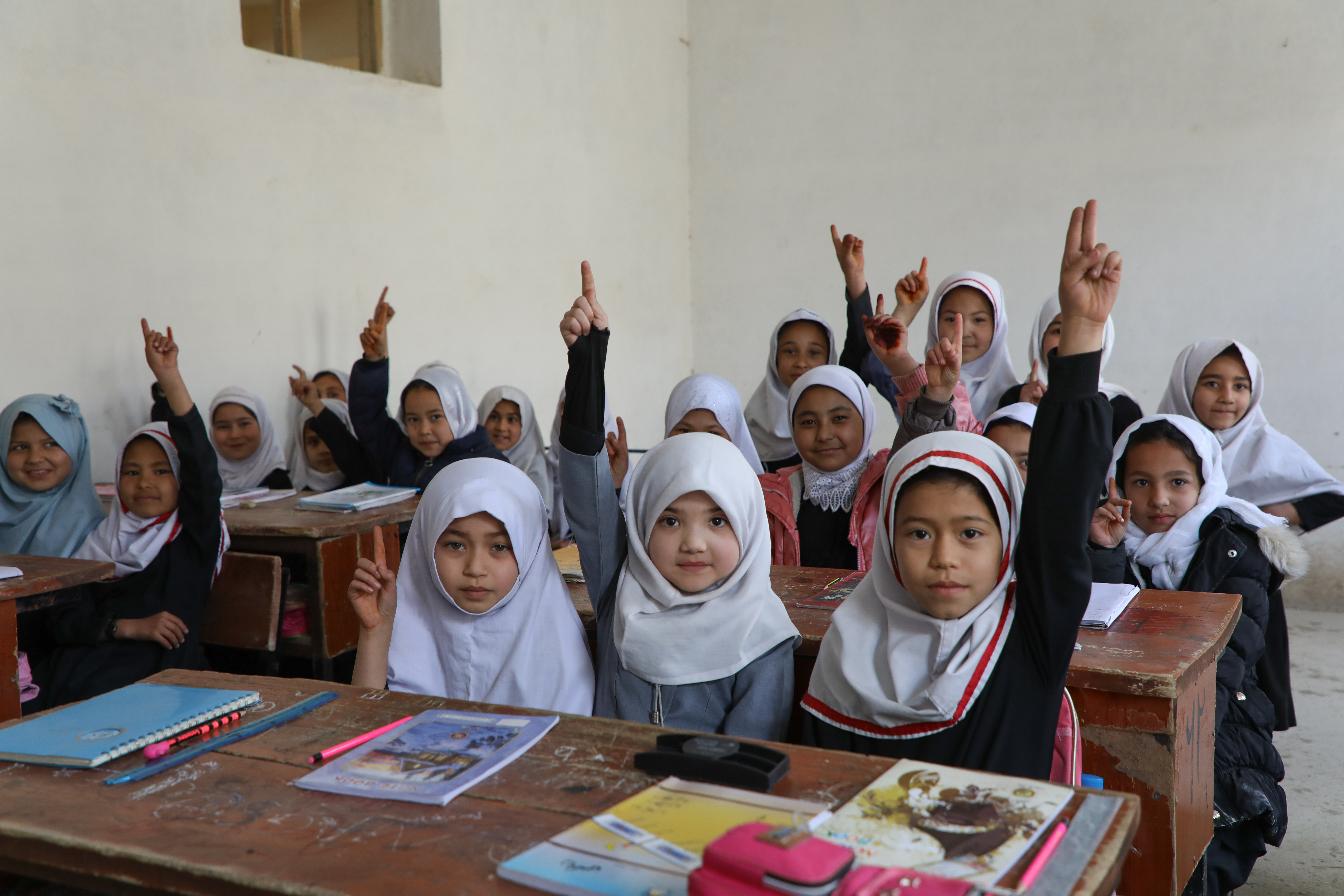
In 2020, education was further disrupted by the closure of education facilities for several months to combat the spread of COVID-19. The country’s COVID-19 response plan prioritized alternative approaches to classroom-based learning through self-learning, distance learning and small-group learning.
Despite earlier assurances that all schools in Afghanistan would re-open again, the Taliban in March 2022 announced that girls’ secondary schools were to remain closed indefinitely, effectively barring hundreds of thousands of adolescent girls from realising their talents and fulfilling their dreams.
To help address the education crisis, ECW works with a wide range of partners through an extended and expanded Multi-Year Resilience Programme (MYRP) which covers 14 provinces. Specifically, ECW works to expand access to non-formal education, especially for adolescent girls; promote continuity in learning by facilitating the transition to hub schools; support teacher training; improve monitoring systems; and establish child protection and safeguarding measures in communities. ECW’s support also focuses on ensuring access to mental health and psychosocial services and the physical well-being of children, with a particular focus on children with disabilities.
Programme Components
- Sustainably expand girls’ access to education, both by further scaling up community-based education in remote and underserved areas and by rolling out accelerated learning programmes for adolescent girls who are unable to access the formal education system
- Improve holistic learning outcomes through inclusive, gender-responsive teaching and learning approaches
- Build a strengthened and more resilient education sector, including by recruiting more female teachers and by providing them with tailored capacity development support
- Mobilize sufficient resources to further scale up provision of non-formal education
For more information on ECW's work in Afghanistan, please contact country lead Maarten Barends (mbarends@unicef.org).

